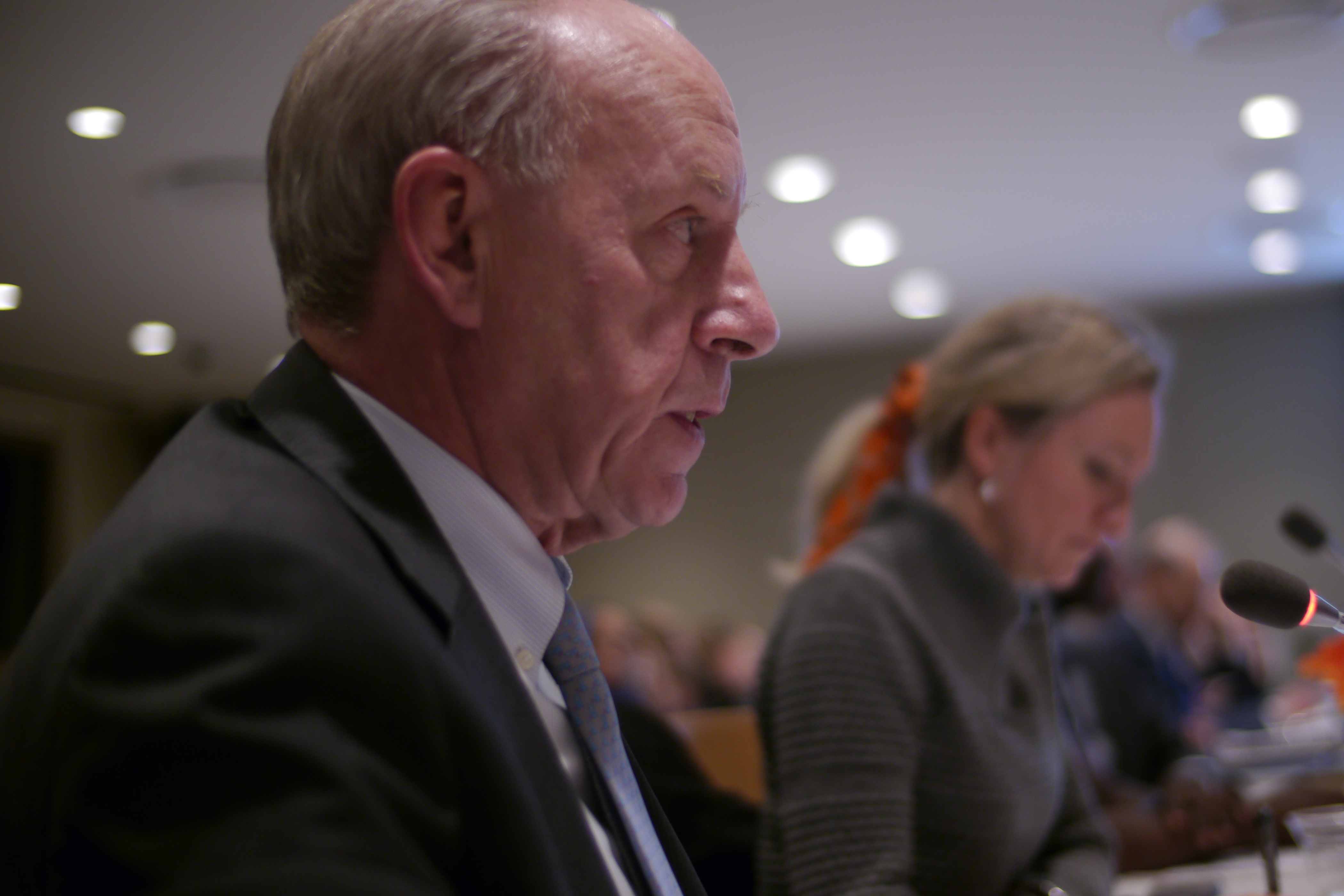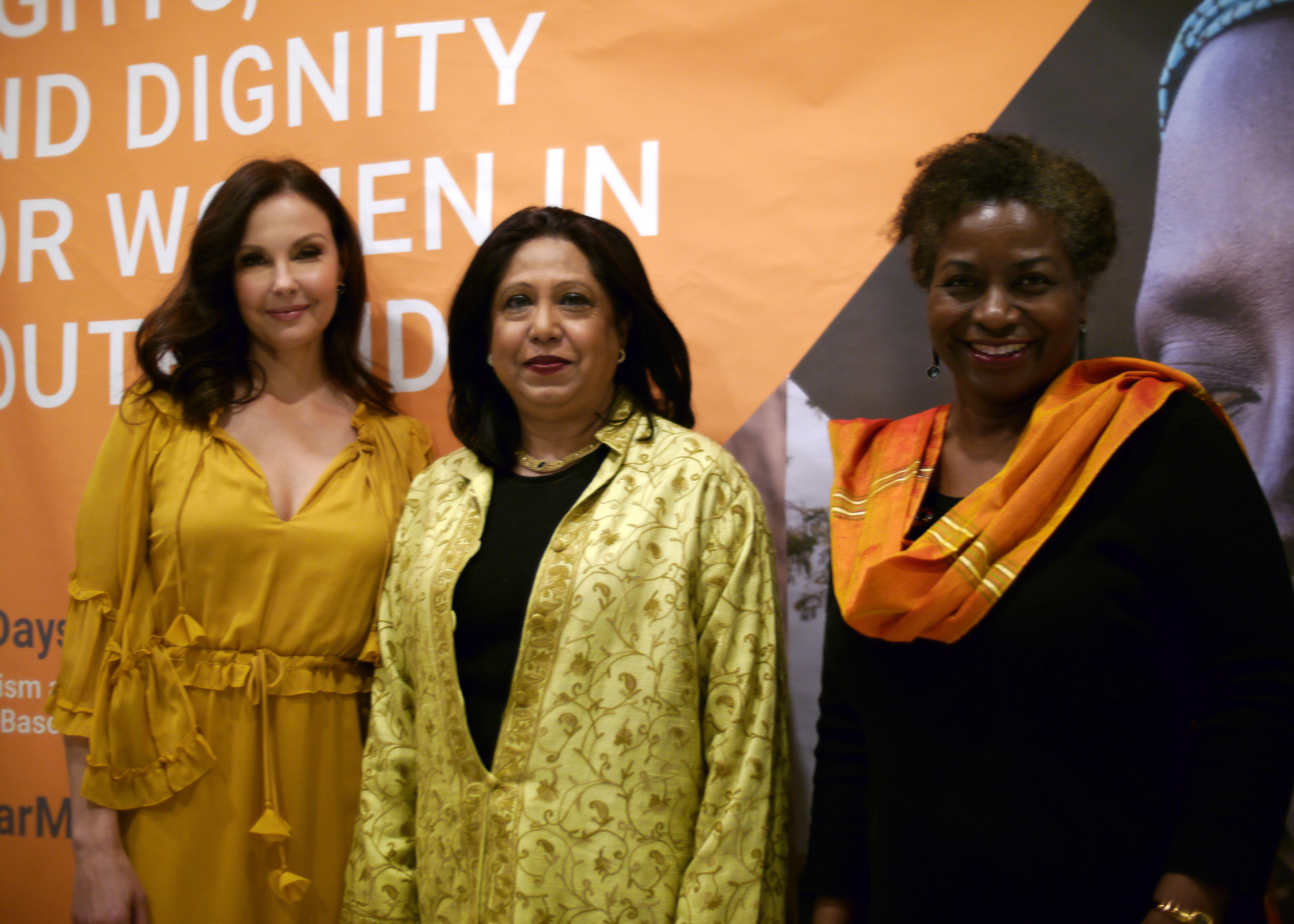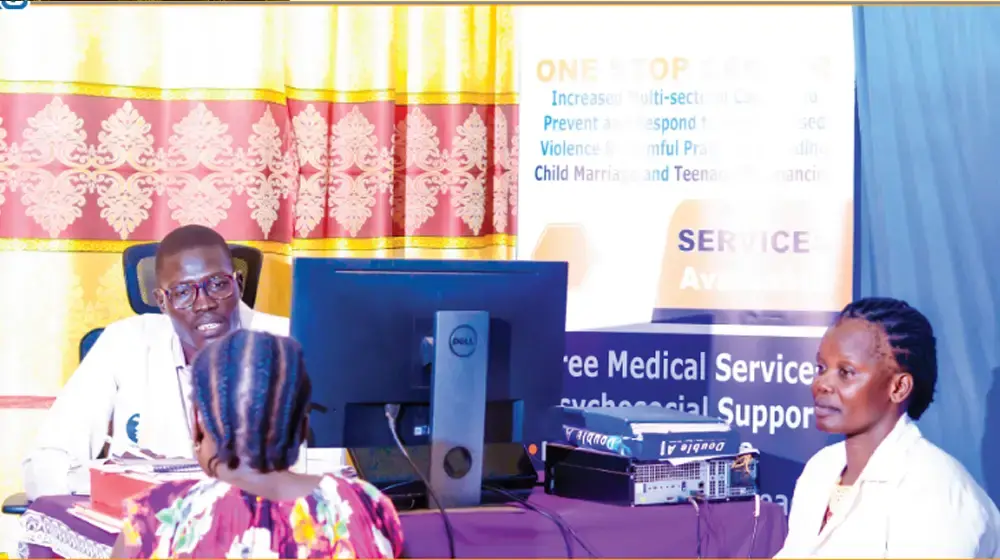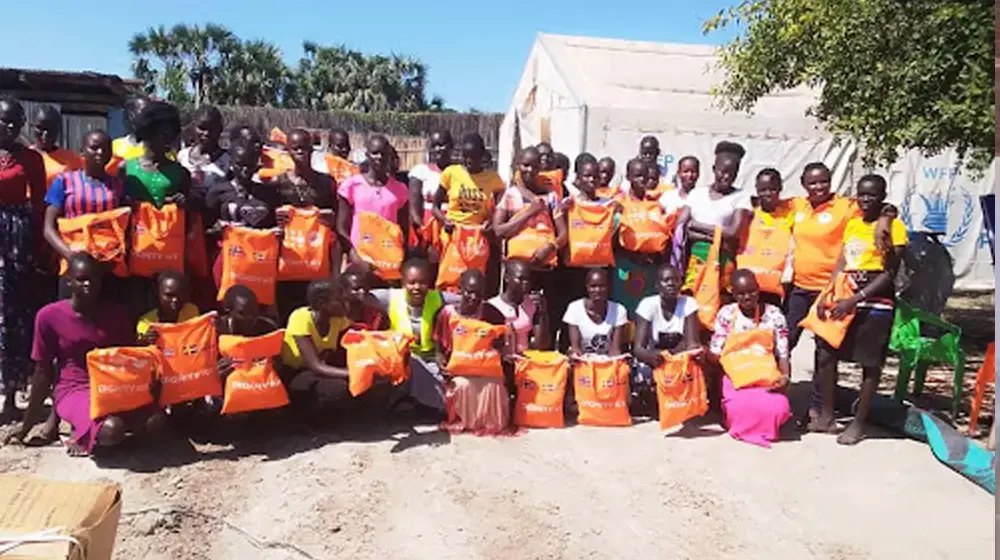New York – UNFPA and partners committed to continue protecting the rights, safety and dignity of women in South Sudan and called on all stakeholders to recognize the role of women in rebuilding the country as all parties to the conflict implement the peace agreement signed in September.
At a special event on South Sudan at the UN Headquarters, countries supporting humanitarian and development efforts in South Sudan also underscored the importance of access to health services, including psychosocial support, for survivors of gender-based violence as putting in place measures to prevent such incidents.
Ms. Louise Blais, Canada’s Deputy Permanent Representative to the UN, said that aside from legislation and Constitutional amendments, achieving intended results to improve the situation of women and girls in South Sudan also require change in cultural practices and changing the mindset of the people on the way they view the role of women and girls in society. “Unless there is an effort to change that mindset it (violence against women) will reside, it will stay,” she said.
The European Union also emphasized that to improve the health-seeking behaviour of GBV survivors, it is essential to ensure safe and in-depth access to affected communities to services, but it is also key to understand cultural barriers and social norms that prevent survivors from seeking help. Mr. Serge Christiane, Senior Adviser and Chargé d'Affairs of the Delegation of the EU to the UN, reminded all parties to the conflict in South Sudan of their obligation to protect the human rights and the safety and dignity of its people.
Ms. Camilla Nevstad Bruzelius, Minister Counsellor of the Swedish Mission to the UN, reiterated that preventing gender-based violence and holding perpetrators to account is key to building lasting peace in South Sudan.

Mr. Serge Christiane of the EU and Ms. Bruzelius of Sweden. ©UNFPA/Tara Milutis
South Sudan Ambassador to the UN Mr. Akuei Bona Malwal assured that the government acknowledges the indispensable role women play in development. As one of the steps taken by government towards ensuring gender equality in South Sudan, the Constitution and the revitalized peace agreement require that 20 per cent to 35 per cent of government seats be allocated to women, Mr. Malwal said.
UN Special Representative of the Secretary-General on Sexual Violence in Conflict Ms. Pramila Patten noted that the security situation for women and girls in South Sudan “remains dire.” “It is absolutely critical that the government sends clear and resounding signal that all crimes of sexual violence will be rigorously and consistently investigated and prosecuted. Accountability is central to deterrence and ultimately prevention,” she said.
Ms. Patten and UNFPA Executive Director Dr. Natalia Kanem also appealed to donors to continue supporting prevention and management programmes on gender-based violence in South Sudan. Both took part in a joint UN and African Union mission to South Sudan in July to look at the situation of women and girls affected by the conflict.
“I call on all friendly (UN) member-states to maintain resources and ensure that survivors continue to have access to life-saving services and treatment. Shared commitment to finding durable solutions women and girls in South Sudan is long standing and one that we cannot fail to deliver,” Ms. Patten said.
Despite the many efforts by UNFPA and its partners in South Sudan to promote the health and protection of women and girls, there is still so much work to be done, Dr. Kanem said.
“This partnership is powerful and it is a partnership that makes a difference. Next year, on the 50th birthday of UNFPA and 25th anniversary of the International Conference on Population and Development (ICPD), it tells us that we should not shy away from doing the hardest work and we should not shy away from partnering with people who are in the community, who are in the parliament; it is important that we share this solidarity, Dr. Kanem remarked.
UNFPA Goodwill Ambassador Ms. Ashley Judd, who visited South Sudan last July, attended the special event and shared stories of her encounters with women and girls affected by the conflict and are accessing reproductive health and GBV services provided by UNFPA and its partners. UNFPA South Sudan Country Representative Dr. Mary Otieno facilitated the discussion.





